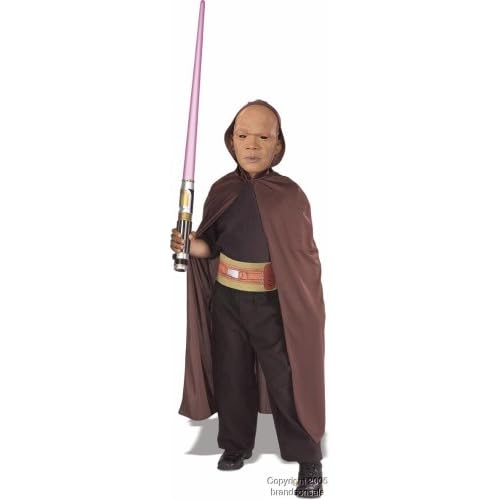I never thought as myself as someone who would one day be attending company Christmas parties. I recently attended my third consecutive bash under my current employer. Years one and two I was a mere freelancer. That first one was a whirl of new faces, endless wine, and an introduction to the pleasures of eating lamb's ankle. Year two saw more lamb ankle, and the attendance of my girlfriend. Our end of the night goodbyes featured the boss telling me how much his opinion of me improved now that he'd met her. She and I still ponder over what percentage of this statement constituted a compliment and what part insult.
Year three sees me as a full-fledged member of the staff; a supervisor, no less... tending to equipment worth more than I am currently and wrangling people whose relative worth I'm in no position to judge. Or is cattle terminology intrinsically judgmental? No, they're great. I wondered if my new status might lend a different tenor to this year's gathering, but I found wine on an empty stomach to be a much stronger arbiter of behavior than any title on a business card... and since the wine has been a three year constant, little changed. The food was French this year instead of Italian (no lamb ankle). I think I did make more of an effort to make introductions between my date and co-workers in every corner of the room. Perhaps my semi-permanence (hey, I can't be held down) made such connections feel like a better investment of time and effort. I had a new suit this year as well.
On the subject of office Christmas parties, let's discuss this year's Office Christmas Party (the one featured on NBC). Apparently, the waitresses who served Michael's Scott and co. were actual Benihana waitresses, whereas the two women who then accompany Michael and Andy to the party were actresses. That explains the switcheroo that had me scratching my head mid-episode when their dates proved not to be the girls they were courting amidst Nog-a-saki's. But I really hate the way Michael introduced the one woman as his new "girlfriend" upon his arrival back at Dunder-Mifflin. His date seemed totally oblivious to what was a bizarre and presumptive proclamation worthy of a ten-year-old play-acting upon re-entering the house from a playdate in the backyard with the neighbor's daughter. I used four heiphens in that sentence.
I know that Michael Scott's oblivious nature is pitched a bit younger than David Brent's, and I'm all for Carell not doing a complete re-hash of the Gervais character, but stuff like this tests my belief in the world they're trying to create. David Brent's strange mix of pride and loneliness left him unable to deal with anyone or anything in an honest fashion until it was too late (well, until the Christmas special, that is). I know people like that. Michael Scott seems like an individual who completely missed out on the socialization process at an early age (I love some of the stories about his life with his mother that slip out from time to time to illustrate this). I also know people like
that, but Scott is aggressively childish in a way that I don't think anyone could actually roll with, and it's always the women who do the rolling. The Benihana waitress, Carol, even Jan who gets it 95% of the time but then has her own loneliness-fueled lapses with Steve. I love the Michael/Jan dynamic in theory, but sometimes the Michael Scott character is
such a cartoon, they don't earn the moments where it looks like Michael might actually be able to navigate the adult world some modicum of success.
I could write for a long time about the Office... I still love the show. It's just that the U.K. version is such a perfect gem of a series, in part because of its freshness and
especially because the relatively short run allowed them to pace and complete the central love story perfectly. The U.S. version has several things going against it, like the product placement, and the fact that it's 'cash cow' status ensures a long run that will make it difficult to manage the Jim/Pam storyline without bleeding it dry (I think that's already starting to happen). I understand all that, which is why it hurts a little to watch unnecessarily detrimental choices being made with Carell's character. I guess it's like the "Jerk Homer" syndrome that everyone used to talk about with the Simpsons. An aspect of the show comes to the fore, and then it gets pushed beyond the sweet-spot, eating away at the show's emotional reality.
Still, I could watch Stanley do anything. That guy's amazing.


